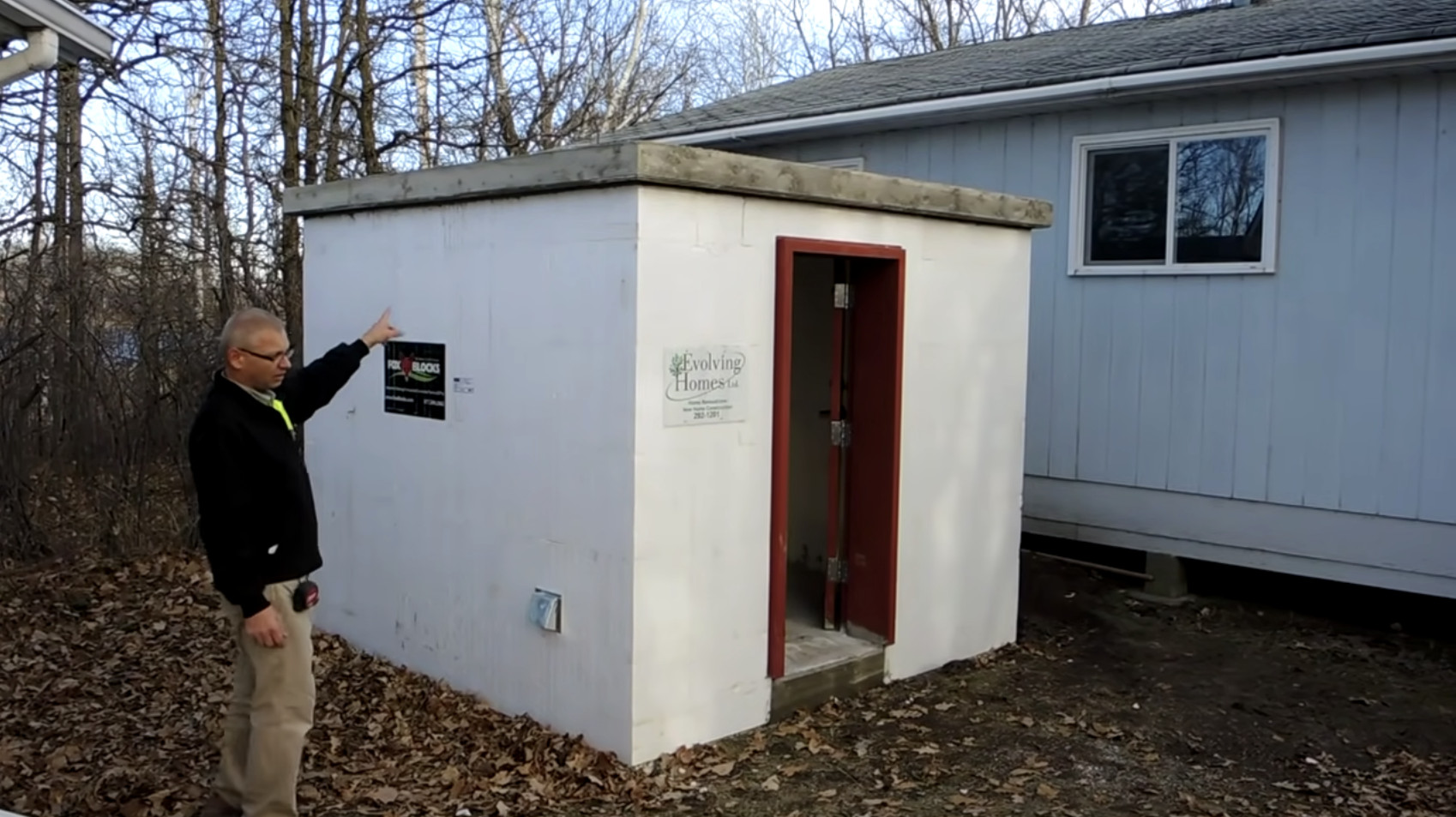
How to Understand Energy Ratings for Your House

Energy Saving Tips for Homeowners
While it’s great news that we’re not currently using more energy to run our homes, the study also “raises important concerns about making home energy use more efficient.” If American’s time at home continues to rise, home efficiency will need to as well.

Building Blocks: The Essentials of Modern and Efficient Elementary School Construction

A Complete Guide to Hurricane-Resistant Buildings

How to Design an Earthquake Resistant Home: a Definitive Guide

8 Earthquake-Resistant Construction Techniques for a Reliable Build

Are Poured Basement Walls Better than CMUs for Below-Grade Construction?

Understanding ICC 500 Storm Shelter Requirements and the Best Materials to Utilize

What is the Concrete Temperature Limit?
Concrete is a versatile and durable construction material that is predominantly used in both commercial and residential structures. It’s essential to understand concrete’s thermal properties, specifically its temperature limits, to optimize its strength and durability.

What Today’s Empty Nesters Want for Their New Homes
Empty nesters can simplify their lives, save money, and help the environment by downsizing to a single-story, energy-efficient, low-maintenance, and durable home.